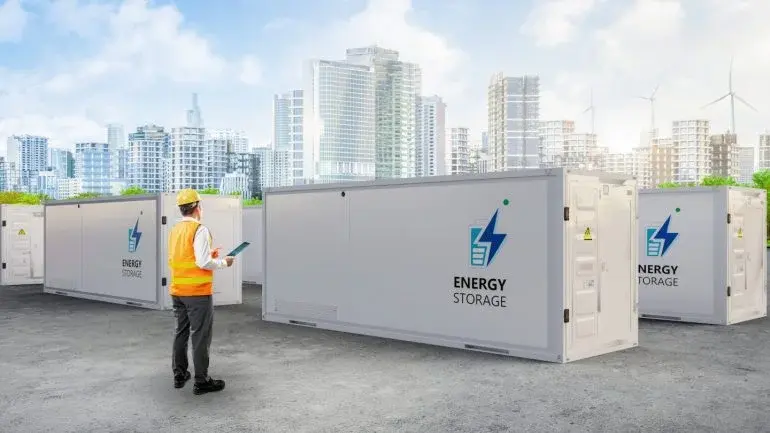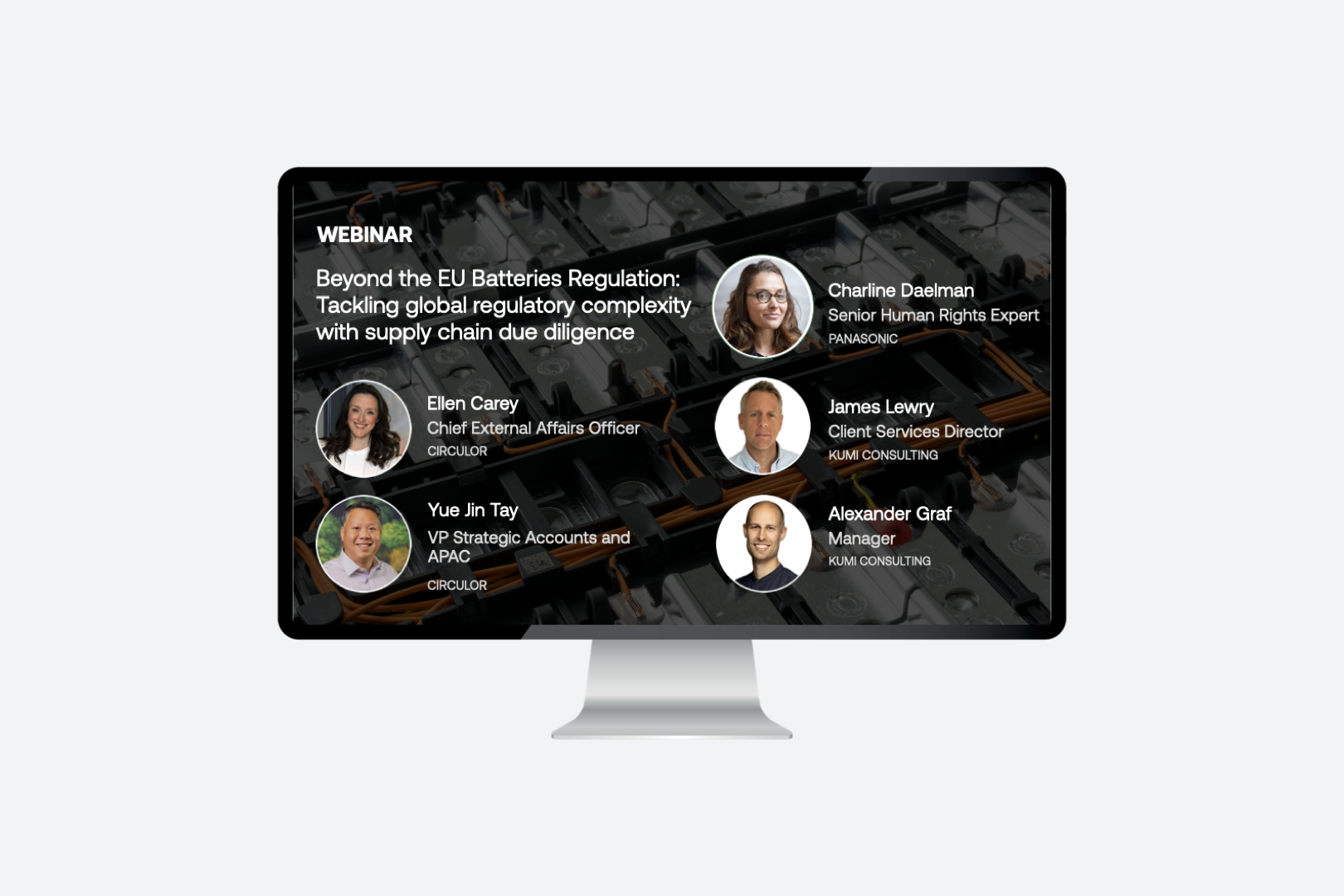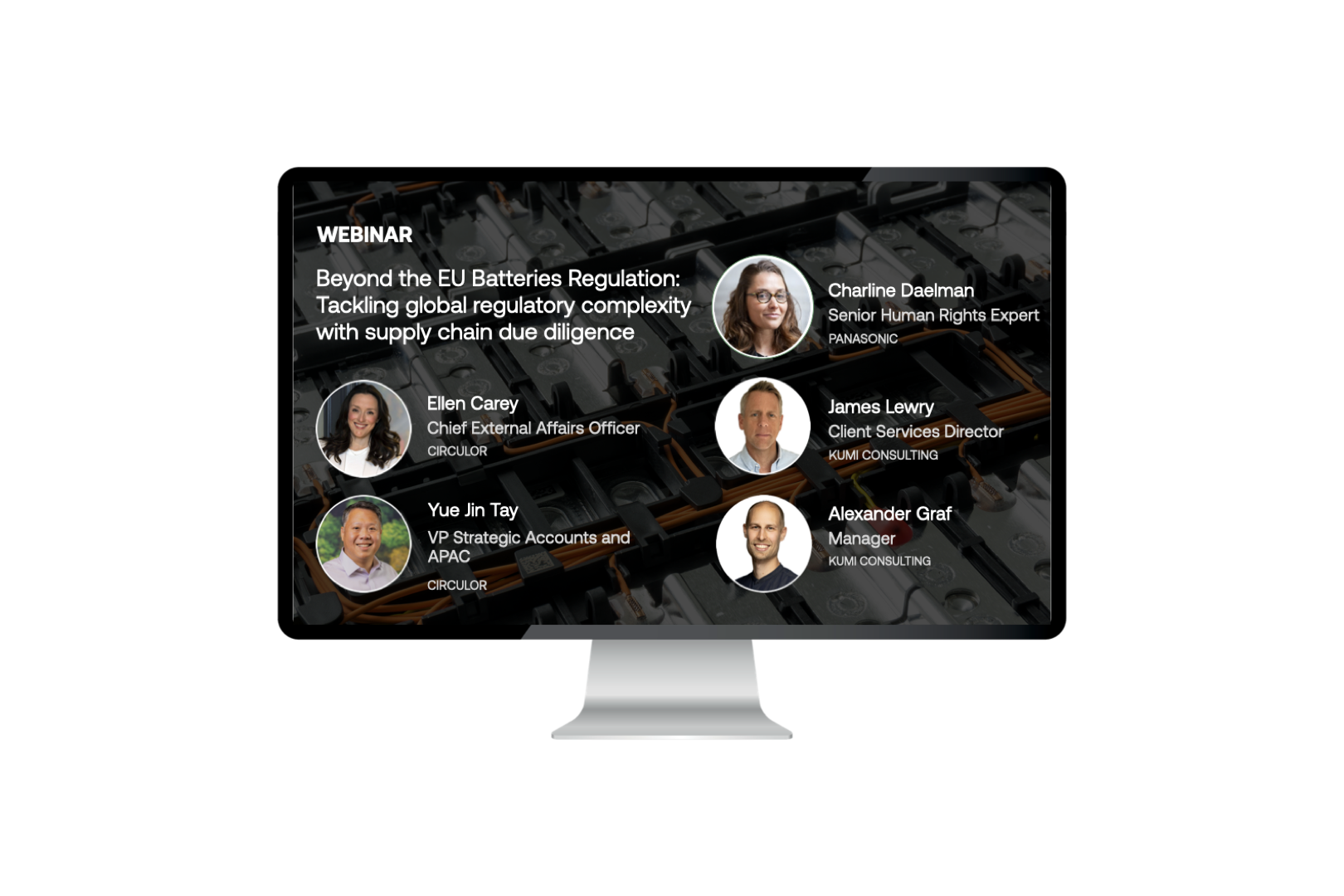Enhance Supply Chain Resilience
Safeguard your operations with our supply chain management solution that tracks the flow of materials.
What Can Our Supply Chain Risk Management Solutions Do?
1
Deliver near real-time monitoring and proactively notify you of any issues.
2
Track materials as they change state, providing proof of provenance and emissions.
3
Future-proof your supply chain with actionable analytics to predict and prepare for potential risks.
Improve Risk Management Now
Increasing regulations, trade policies and consumer demands make supply chain transparency essential. Get ahead by generating the traceability data you need to manage and mitigate the risks.
The Circulor Advantage
Network
Tap into our unrivaled network of over 145 facilities and 52% of global cell manufacturers sharing data.
Speed
Get a head start and rapidly scale by leveraging over 2.5 billion existing traceability data points.
Policy Expertise
Navigate evolving battery regulations and sustainability standards with confidence thanks to our deep industry knowledge.
Third Party Neutrality
An independent partner, Circulor provides objective traceability data to verify sustainability claims.
“The unprecedented level of traceability means we can promote sustainable and ethical practices in our supply chain, and provide better transparency for consumers.”
Thomas Ingenlath, former CEO Polestar










